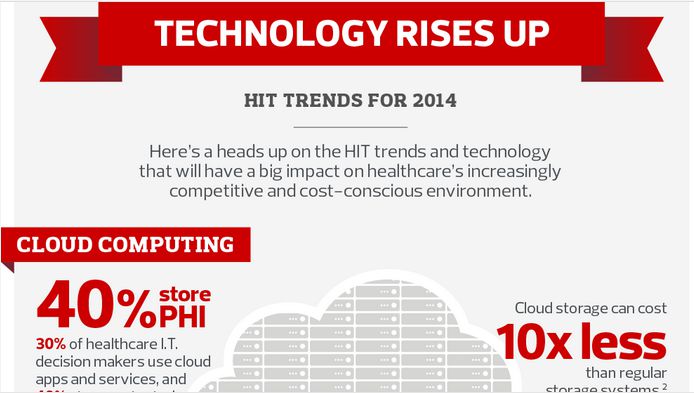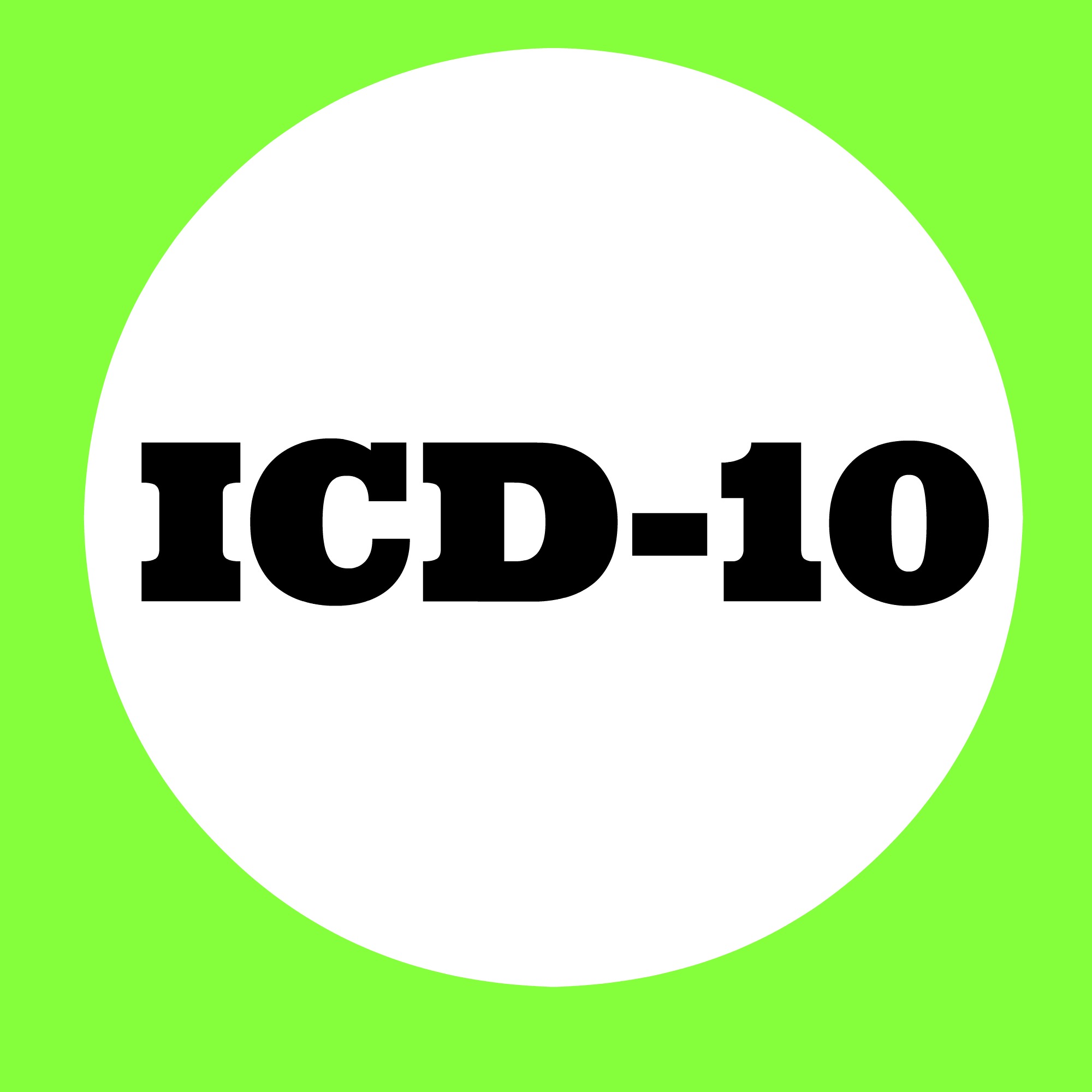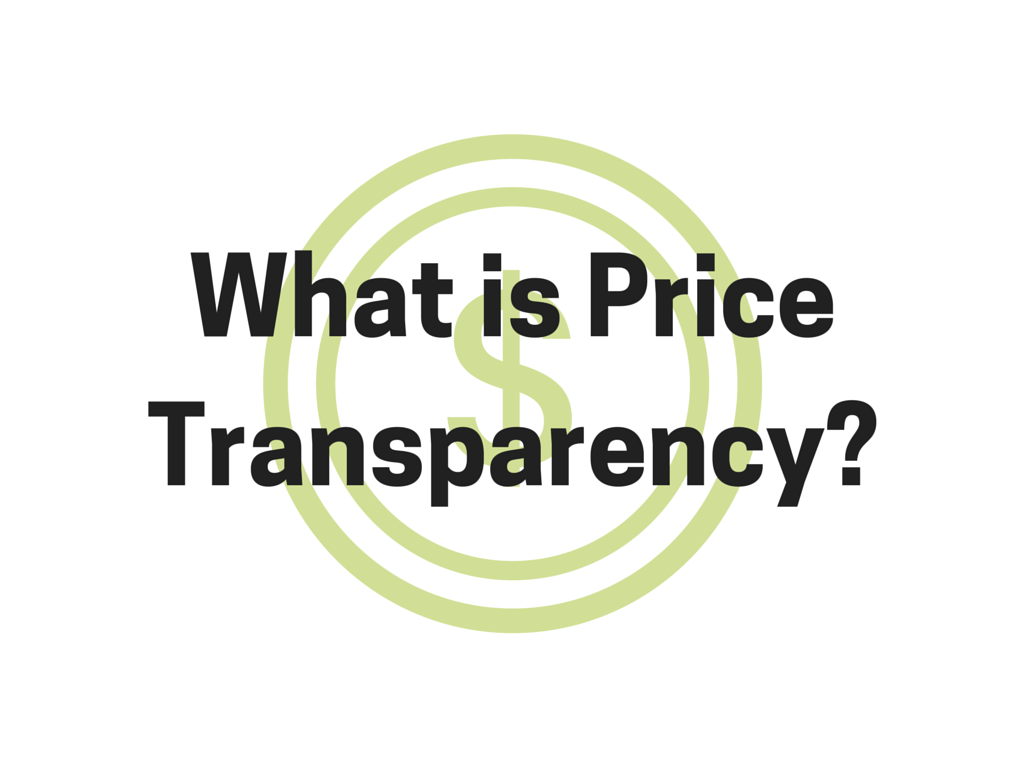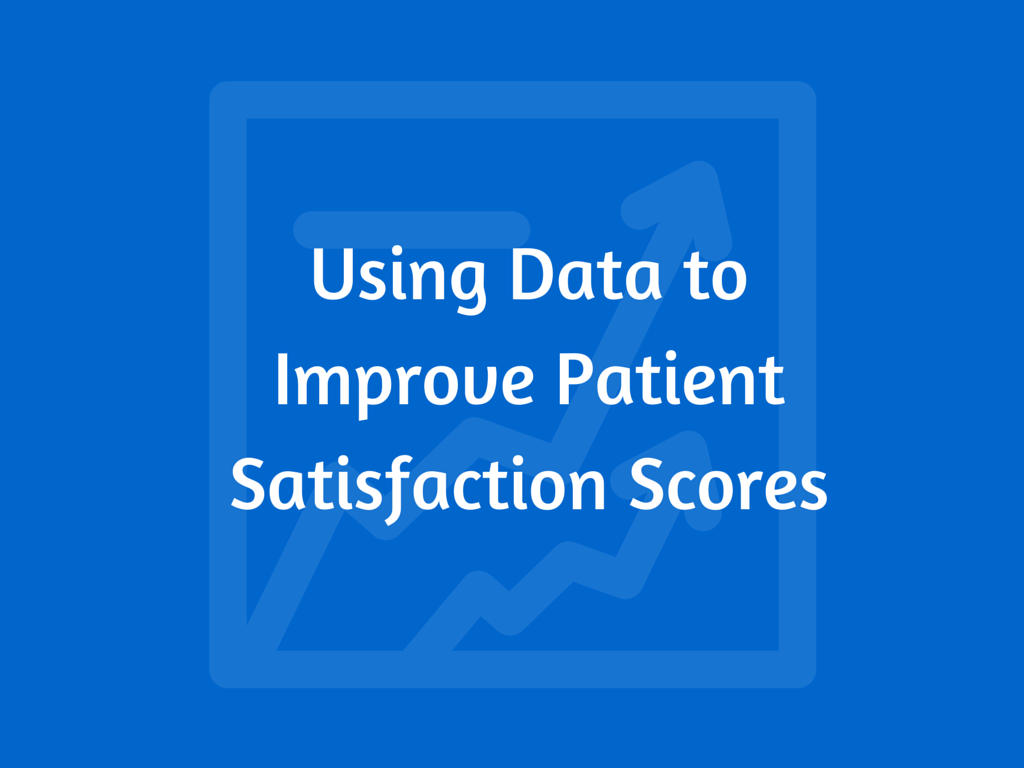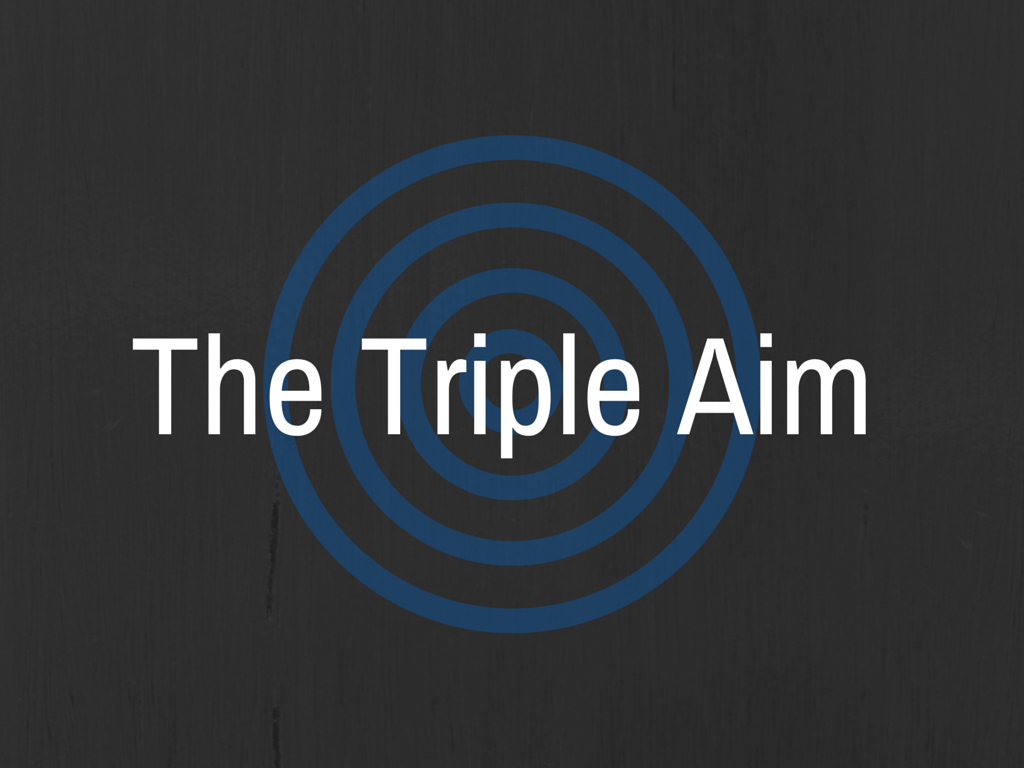Social Media and Healthcare: 3 Infographics To Read Today
We've talked a lot about how the use of social media in healthcare can be very rewarding. From helping improve patient satisfaction to creating a strong community online, social media has helped revolutionize certain aspects of the healthcare industry. It's important not to shy away from social media, as it's the perfect way to connect with your patients and clients. Remember - having a strong online presence is crucial for growth in a modern healthcare world. Here are 3 great infographics that will give you some insight into how social media and healthcare work together to improve the patient experience.




